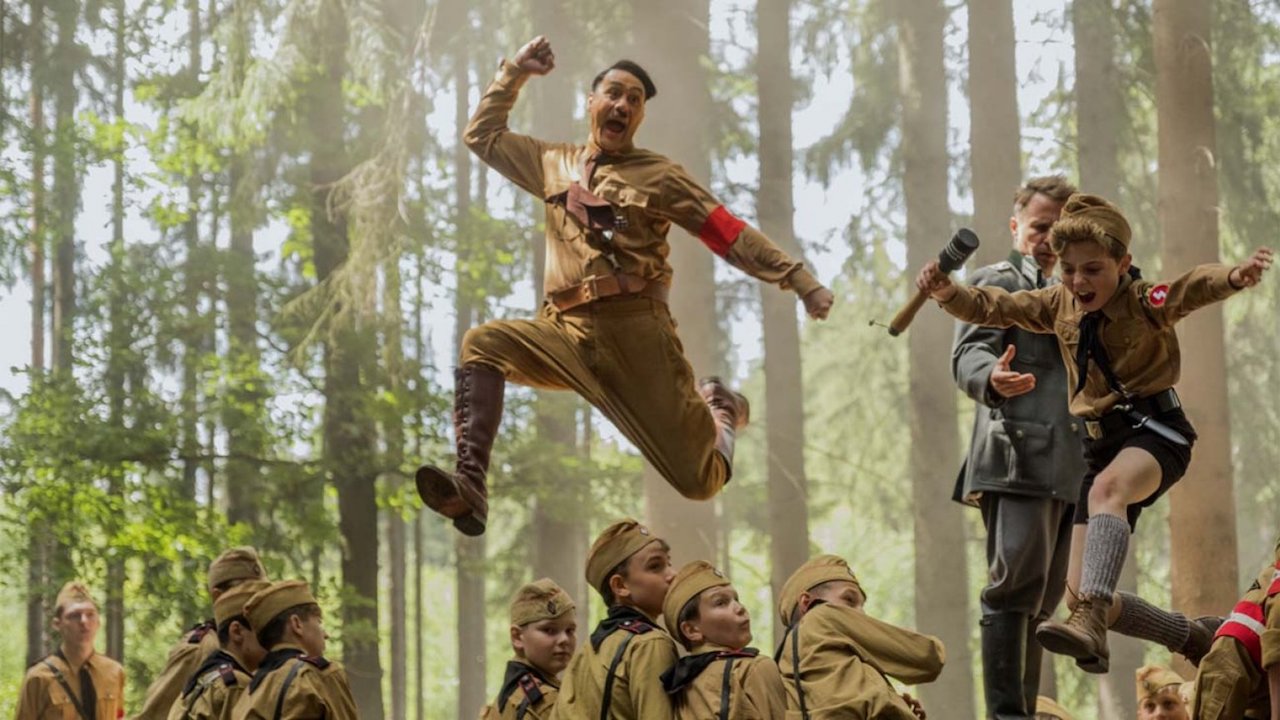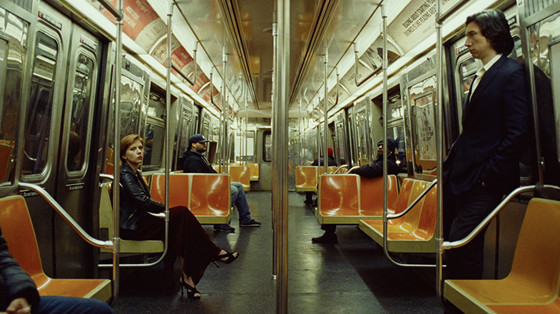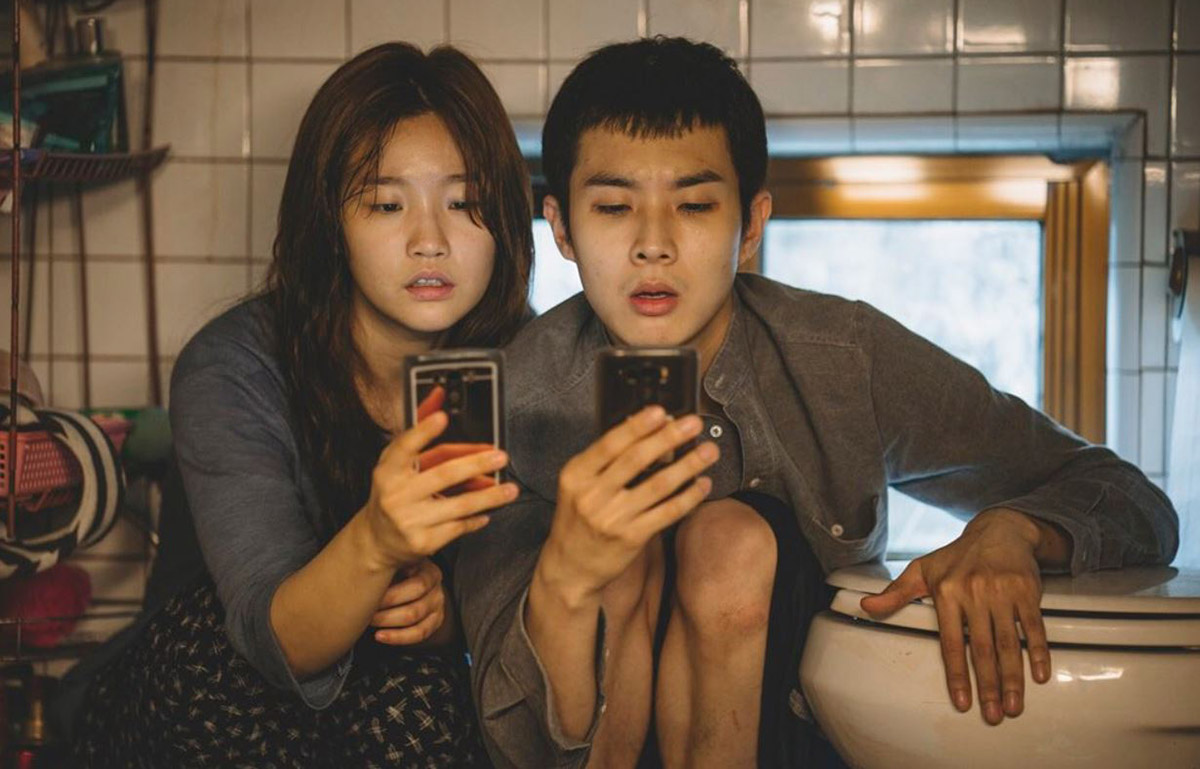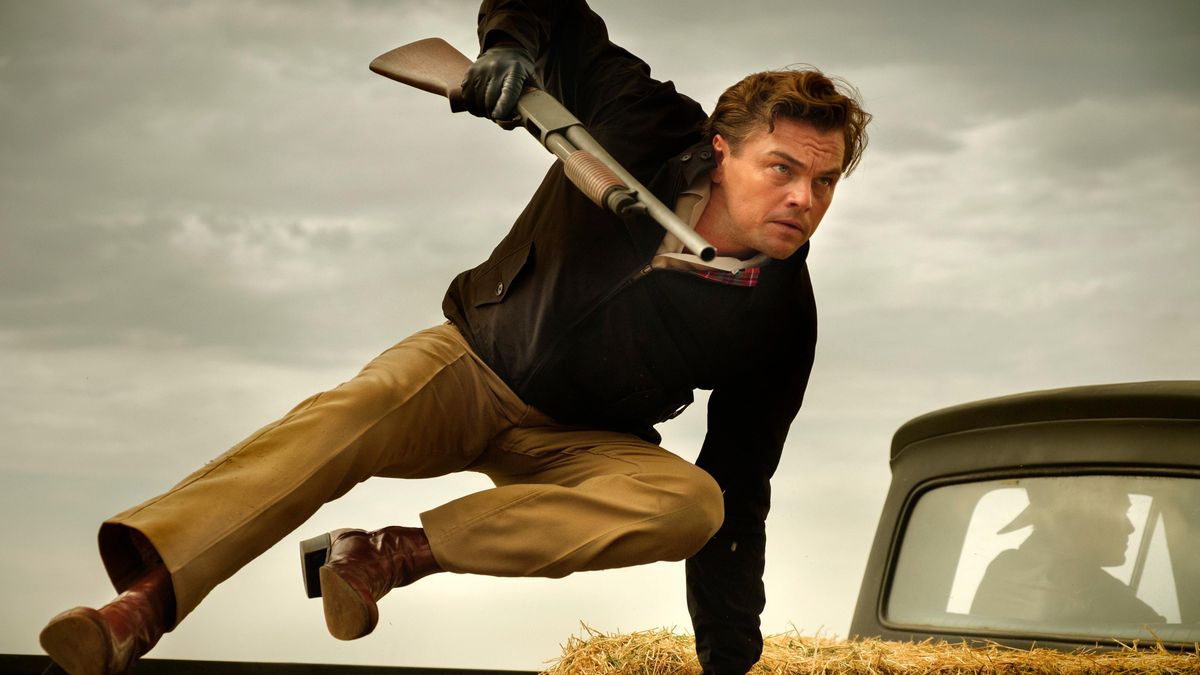5. Taika Waititi, Jojo Rabbit

Taika Waititi is a filmmaker with a unique brand of humor that has been transferred to many different genres, including everything from zombies (What We Do in the Shadows), buddy adventures (Hunt for the Wilderpeople), and even the Marvel Universe (Thor: Ragnarok).
With Jojo Rabbit, Waititi draws from The Great Dictator and Life is Beautiful to tell a coming of age story about a young boy nicknamed “Jojo” (Roman Griffin Davis) growing up in Nazi Germany. While much of the attention is focused on Waititi’s performance as the imaginary friend version of Adolf Hitler, this really is a film about a kid coming to terms with the world around him, and Waititi doesn’t hold back when showing the banality of war and fascism.
Waititi’s film is often profound, as he shows how hate has been normalized for Jojo, and how his desire to please others and fit in only further leads him into Nazi ideology. Scarlett Johansson gives one of the strongest performances of her career as Jojo’s mother, a woman holding many secrets that uses her warmth and kindness to show Jojo a better path. Waititi’s film is clearly intended for an adolescent audience and told from a child’s perspective, but its comedy and themes are so universal that they work for audiences of all ages. Just as funny as his other films, Jojo Rabbit uses Waititi’s signature charm to tell a message for today’s climate.
4. Noah Baumbach, Marriage Story

Noah Baumbach is renowned for his often destructive, hilariously dysfunctional characters, and while Marriage Story continues Baumbach’s path of telling uncomfortably realistic stories about relationships, it’s a much more balanced and somber experience. Compared to The Squid and the Whale, Baumbach’s other divorce film, Marriage Story doesn’t feature characters that are so self-obsessed and hateful towards each other, and the tragedy of the film is seeing this seemingly perfect relationship fall apart. It’s the rare breakup movie where each party is equally compelling, as both Charlie (Adam Driver) and Nicole (Scarlett Johansson) have their reasons for wanting to dissolve their relationship.
Baumbach plays to his strengths, using the difference between New York and Los Angeles to drive the story, and he’s clearly comfortable with the theater world, as Charlie’s directing career and Nicole’s acting career are called into question as they fight their custody battle.
It’s also a pointed study of escalation, as the couple begins trying to resolve things themselves, but they grow more hostile as lawyers and lawsuits get involved. It’s clear that there’s always been and always will be affection between the two, and the understanding that those bound by love may not end up together makes Marriage Story Baumbach’s most mature, heartbreaking, and best film to date.
3. Bong Joon-ho, Parasite

Bong Joon-ho is the rare filmmaker whose films are their own genres, and Bong’s ability to tie social themes of class differences with expansive worldbuilding has established him as one of the best directors of today. Parasite is undeniably his masterpiece; the struggle between the haves and the have nots has never felt as grim as it does in Parasite, yet Bong is also able to satirize the ignorance of the upper class by showing how easy they are to infiltrate. It’s hilarious to see the wealthy Park family get conned by the creative Kim family, but the last shot still realizes the bitter divide that exists between classes and how impossible it is to cross over despite all the effort in the world.
This is also Bong’s most technically proficient film to date, as the idiosyncratic nature of the Park mansion allows the action to all be centered around one location, and seeing the Kims maneuver this strange environment and mask their identities adds a lot of pointed commentary. Bong has also assembled one of his strongest ensembles to date, with Song Kang-ho giving the performance of his career as the patriarch of the Kim clan that is ultimately driven over the edge by the Parks’ complete disregard for those that serve them. Parasite is perhaps the most widely discussed film of the year, and is the film Bong has worked towards his entire career.
2. Quentin Tarantino, Once Upon a Time in Hollywood

Quentin Tarantino is easily one of the most influential filmmakers of all-time and has found great success with his recent series of films that revise history. Once Upon a Time in Hollywood allows Tarantino to honor all of his Old Hollywood influences, and transforms the horrific summer of 1969 into a more optimistic vision in which movie stars are still relevant and become instrumental in defeating tragedy. As Tarantino pans through the Hollywood lights to the tune of the Rolling Stones classic “Out of Time,” he’s able to acknowledge the transition away from Hollywood’s age of innocence before subverting history in favor of the figures that inspired him.
This is Tarantino’s hangout movie, and the soft hearted friendship between former star Rick Dalton (Leonardo DiCaprio) and stuntman Cliff Booth (Brad Pitt) is easily the most sincere thing Tarantino has ever written. In a scene in which Dalton is confronted by a young actress named Trudi (Julia Butters) on the set of a new project, Tarantino summarizes the feelings every actor has about finding their own truth, a moment that holds even more resonance once she tells Rick that his acting is the best she’s ever seen.
In particular, it’s the treatment of Sharon Tate (Margot Robbie) that makes the film so special; the viewer is forced to prepare for the reality of history, and as Tarantino builds towards his bloody climax, the anxieties are subsided as history is rewritten. Nothing Tarantino has written up until this point has been quite as emotionally impactful.
1. Sam Mendes, 1917

Sam Mendes isn’t the type of filmmaker that can be pinned down as one thing, and though he made his name with deconstructions of suburban lifestyle in American Beauty and Revolutionary Road, he’s also proven to be a master of spectacle with his work in the James Bond franchise and the war film Jarhead. 1917 is unlike anything Mendes has done before, and it’s unlike any other war film in history.
It’s a film that follows its lead soldiers played by George MacKay and Charles Dean Chapman through hell and back as they’re tracked in what looks like one continuous shot from the legendary Roger Deakins; the “one shot” trick is more than a gimmick, but an essential way of getting unprecedented immersion.
The pressure is on these two soldiers to deliver a message that could save thousands of men, and their harrowing odyssey into the heart of the German line during the end of World War I forces them to go through painstaking physical endurance tests. Mendes’s background in theater prepared him for getting such consistent performances over such a long time, as the continuous shot leaves no room for error.
Mendes also utilizes the score from his frequent collaborator Thomas Newman to great effect, finding the beauty within the moments of relief on a chaotic battlefield. A dazzling technical achievement that never leaves it characters behind, 1917 stands out as Sam Mendes’s most daring and accomplished work to date.